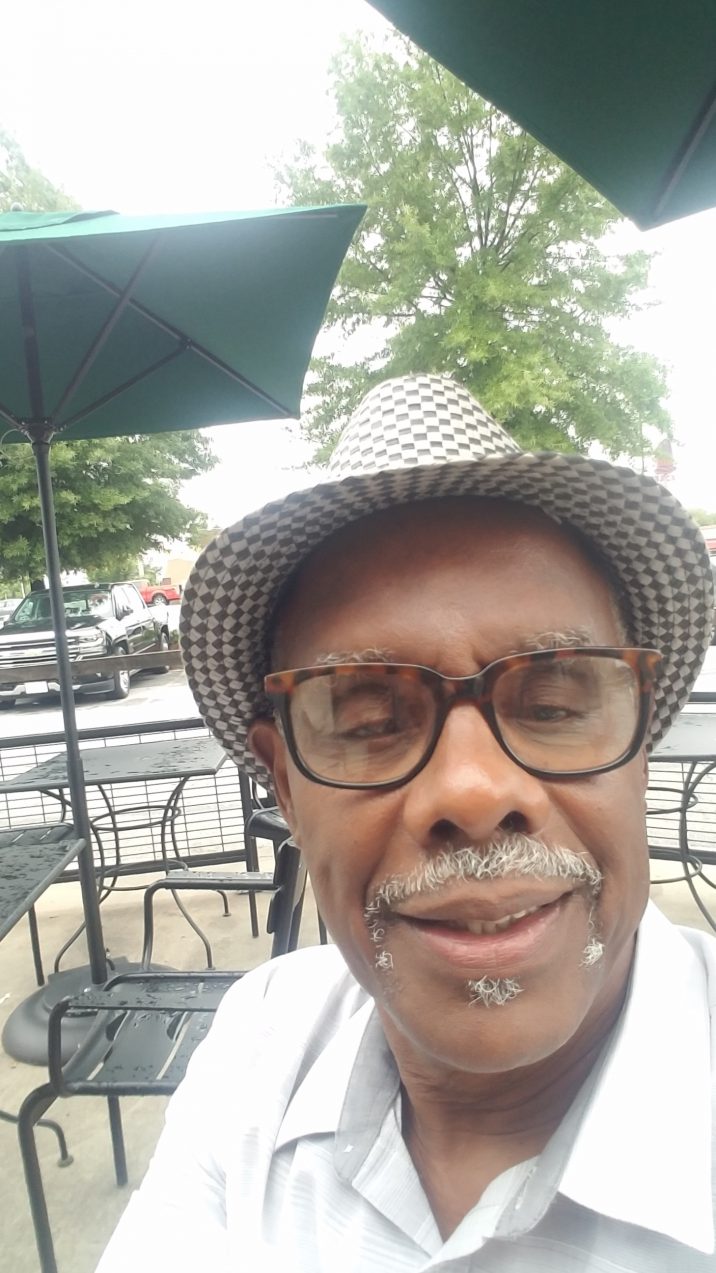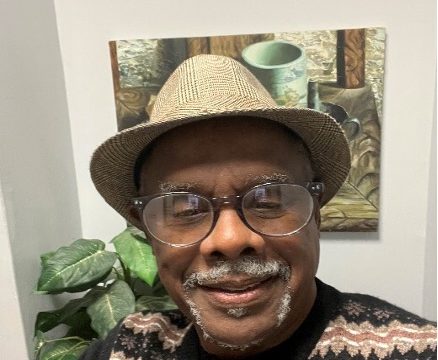
In this space over the past two weeks, you’ve imaginarily “traveled” through your neighborhood and met your Asian and LGBTQ (Lesbian, Gay, Bi-sexual, Transgender, Queer) American neighbors. This week we continue, this time to meet your Muslim neighbor.
But first, you know the paper and pencil drill – jot down the names of five famous American Muslims, living or dead. Again, if you’re scratching your head searching for names, Google “famous American Muslim” after you’ve read this narrative.
Now to broaden our context (with the COVID-19 scourge in mind) it’s important to stress that Muslims have long made great contributions in every aspect of society. However, reports Reehana Shah in “The Origins of Vaccines – A Full Circle Story of Muslim Contributions”, when it comes to medical discoveries and innovations, the Islamic origins are often ignored.
“The reality is that much of what we know about medicine, astronomy, physics, and many other fields have their roots in the work of Muslims. Dr. Ugur Sahin and Dr. Ozlem Tureci, Muslims, are a Turkish husband and wife team in Germany and co-founders of BioNTech, a small biotech firm that partnered with Pfizer to create the Covid-19 vaccine.”
But despite those facts, myths and stereotypes about people based on their race, gender, religion, age, etc. linger. I believe that a portion of the general public is unwilling to educate themselves on several topics, debunking stereotypes about Muslims being one. For example, as the myth goes, “if you are a Muslim, you are a terrorist.” Yes, there are terrorists who happen to be Muslim, but does that make all Muslims terrorists? Of course not. Which brings me to the point making actual experiences of “Osama.”
In the aftermath of the 9/11 terrorist attacks, Osama – shame to say that I can’t recall his last name – a US born engineer, told me of the constant stares and things he heard people say about him in airports or on planes.Consequently, he decided to curtail his business travel because his name – “Osama”- and Mid-Eastern appearance attracted attention, comments and behaviors. In two instances, he remembers passengers getting off the plane before takeoff when he boarded.
Shortly after our conversation, Osama invited me and several other non-Muslims to tour his mosque and encouraged us to pose any question to the hosts – including their reactions to the broken windows and other evidence of vandalism outside their mosque.
Okay, moving right along, just how many Muslims are there globally and in the United States? Feel free to take a wild guess before we look at the facts.
Out of the 1.6 billion Muslims living worldwide, over 60% of them are from South and South East Asia, with Indonesia being the most populous Muslim country followed by Pakistan.
According to estimates, there are about 3.45 million Muslims in the U.S., or about 1.1% of the U.S. population. Demographic projections estimate that Muslims will make up 2.1% of the U.S. population by the year 2050. In the US, the largest Muslim demographic is African American followed by South Asian.

Like other groups, religion is a significant aspect of Muslim life.
Islam is the name of the religion that Muslims follow. People who practice Islam are called Muslims, just like those who practice Christianity are called Christians. The literal and lexical meaning of Islam means submission.
Almost half of Muslim Americans say they attend mosque at least once a week, including some who say they attend more than once a week, according to a Pew Research Center survey.
Religious services are held in mosques, of which there are over 2,000 in America. New York and California combined contain nearly 1/4 of the nation’s mosques. Unfortunately, many mosques across the nation have experienced spikes in vandalism and bombings.
About eight-in-ten U.S. Muslims say they are either very or somewhat concerned about extremism committed in the name of Islam around the world, about the same as the share of the general public that feels this way, according to a Pew Research survey.
While U.S. Muslims are slightly less worried about Islamic extremism in the United States than around the world, their concern about domestic extremism is still high. As with global extremism, the level of concern among Muslim Americans about extremism in the U.S. is similar to the general public’s.
Despite their concerns about Islamic extremism, only 17% of Muslim Americans say there is a great deal or fair amount of support for extremism among U.S. Muslims. Most say there is not much support for extremism or none at all among the U.S. Muslim community. This contrasts with the views of Americans in general. Compared with Muslims, twice as many people in the general public say there is at least “a fair amount” of support for extremism among Muslims who live in the U.S.
Interestingly, Pew polling shows that Western Europeans who say they personally know a Muslim “are generally more likely than others to have positive opinions of Muslims and their religion.” Fortunately, similar findings have been observed for Americans—those who have greater familiarity with Muslims tend to have warmer feelings towards them.
Of course, if you don’t personally interact with Muslims, it’s easy for your imagery of them to be shaped by the news media. And much of that coverage often revolves around terrorism and extremism.
Now if during your journey through your neighborhood there are certain social norms of which to be aware if you visit a Muslim in their home.
First, clothing must be modest. Avoid touching or otherwise shaking hands with someone of the opposite gender. Also, pointing feet (as when sitting with your legs crossed) is considered offensive. And keep in mind that passing food with the left hand is considered unclean. Since ritual cleanliness is of vital importance, washing hands often is considered important.
Further, placing a Qur’an or Bible on the floor is inappropriate in a Muslim home, as is placing any book higher than a Qur’an. Interestingly, a Bible that has been marked up or written in is seen as disrespectful.
In the end, chances are that you interact with Muslims more than you may realize. They serve in the military, are your physicians, politicians, athletes, teachers, business owners, construction workers, fashion designers….and vaccine developers!
And lo and behold…..they’re your neighbors!
© Terry Howard is an award-winning writer and storyteller, a contributing writer with the Chattanooga News Chronicle, The American Diversity Report, The Douglas County Sentinel, The BlackMarket.com, co-founder of the “26 Tiny Paint Brushes” writers’ guild, and recipient of the Dr. Martin Luther King Leadership Award.


